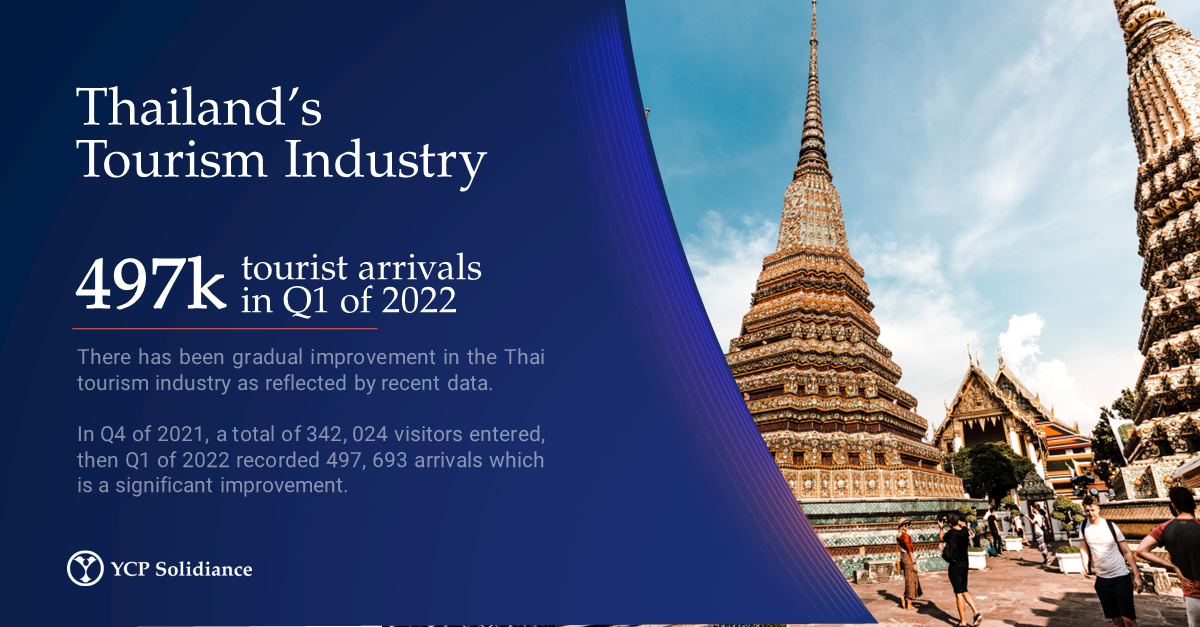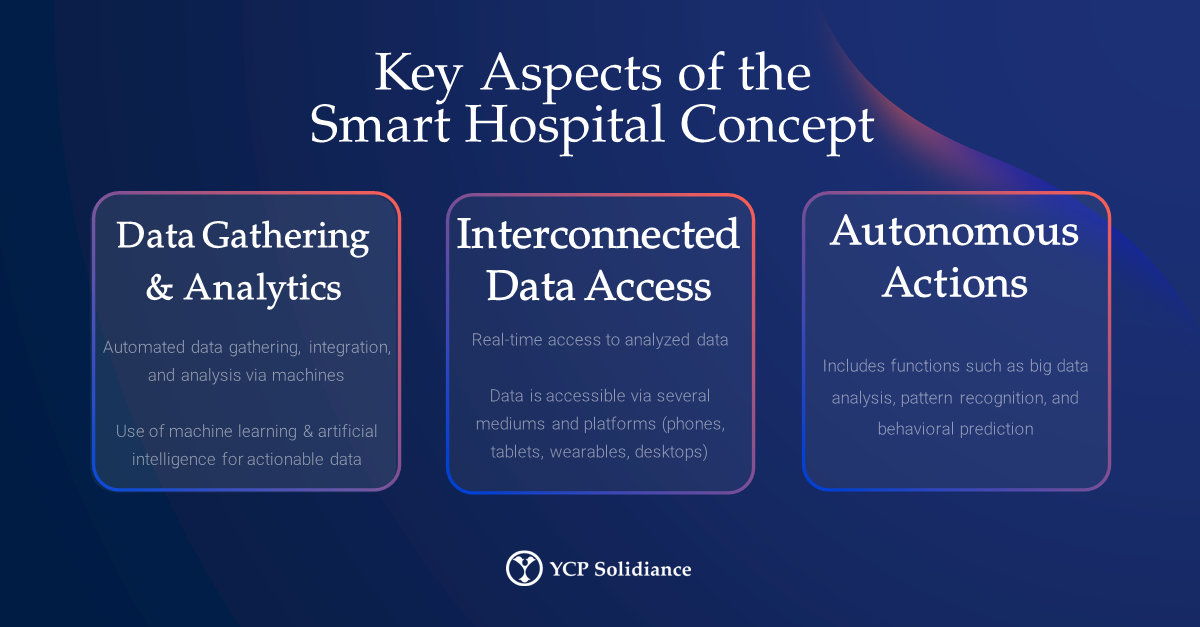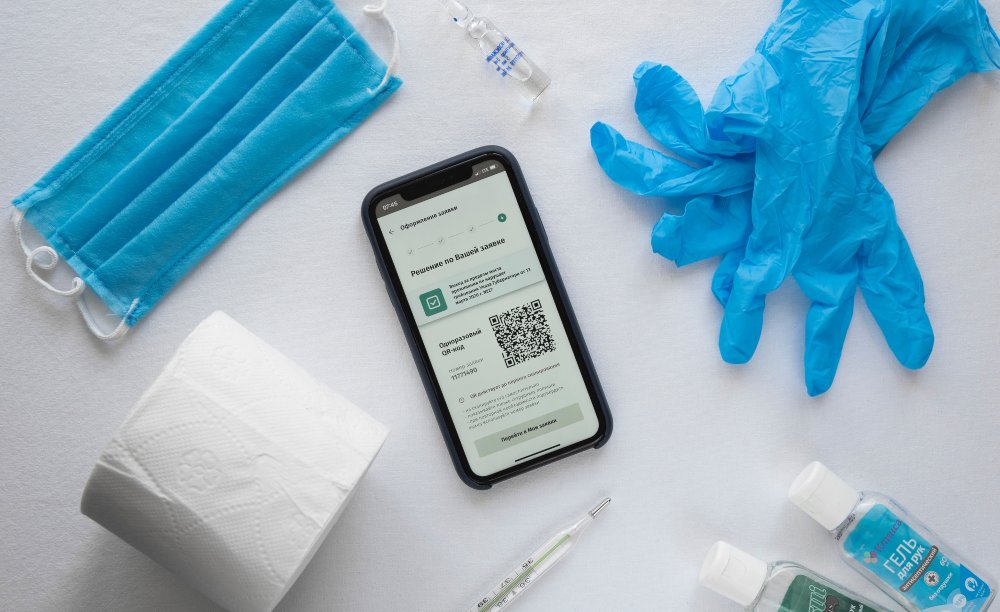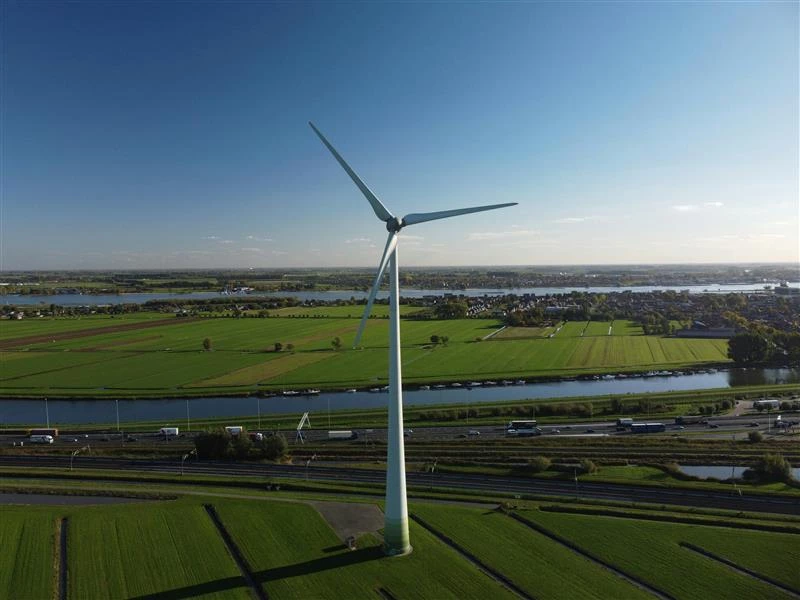Building on the success of the Thailand Phuket Sandbox – a pilot project that allows fully vaccinated travelers to enter the Thai city without quarantine – the government is developing the island to become a ‘medical plaza’ of sorts as per an article by National Thailand.
Since its launch in July 2021, the Phuket Sandbox has already attracted more than 400,000 tourists and netted a revenue of 21 billion THB. To capitalize on the influx of tourist traffic that the project is generating, the Thai government is hoping to leverage medical tourism to generate further success.
Medical Tourism in the Phuket Sandbox
Considering that contracting COVID-19 is still a concern for many who are traveling to foreign countries, Thailand’s attempt to promote medical tourism is of great relevance. Prioritizing medical tourism provides tourists with quality medical service, but more importantly, such reassurance may help motivate other foreigners who are looking to explore the country.
Moreover, by ensuring that medical tourism is leveraged, businesses located in Phuket will benefit from the expected increase in tourists. This will reinvigorate the local economy within the city, which is important as many businesses in sectors like food and beverage or hospitality are still navigating recovery from the adverse effects of the global pandemic.
While focusing on medical tourism in the context of the Phuket Sandbox may initially seem significant only to a single city, it is important to consider that the success of this project may potentially act as a blueprint or guide of sorts for future projects in other cities in Thailand. Further, if Thai cities can replicate the success of the Phuket Sandbox, the national economy will likely experience accelerated growth and recovery.
Potential Role of Smart Hospitals
To better incorporate medical care as a focal point within the Thai tourism landscape, an area that can be explored is the concept of smart hospitals. In comparison to traditional medical care facilities, smart hospitals are primarily driven by digital healthcare via technological infrastructure that provides advantages such as energy efficiency, optimized operations and management, and resiliency, among others.
In the YCP Solidiance white paper “The Future of Smart Hospitals in Thailand: How Digitalization is Transforming Thailand’s Hospital System,” a case study on the Samutprakan public hospital reflected that digital technology and a subsequent transition to becoming a smart hospital optimized facility operations and improved patient accessibility. For example, the hospital utilized artificial intelligence to develop chatbots and automated machines which not only lowered healthcare costs but also shortened lengthy patient queues. From a medical provider perspective, such solutions reduced workload and enhanced efficiency as they allowed professionals to dedicate time to other tasks that were more urgent. Further developing smart hospitals throughout Thailand will not only improve the care that is at the disposal of potential tourists but perhaps, more importantly, it will also help transform the nation’s medical landscape.
Moving forward, as Thailand attempts to highlight quality medical care to bolster the efforts of the tourism sector, expect continued acceleration and investment surrounding medical tourism. Stakeholders looking to explore investments in Thailand should do so comfortably as current trends suggest that there is a firm commitment to jump-starting post-pandemic economic recovery through industries like healthcare and tourism.
To get further insight into what other industries are currently being leveraged for post-pandemic recovery, and how countries are navigating such developments, subscribe to our newsletter here and check out these reports:







